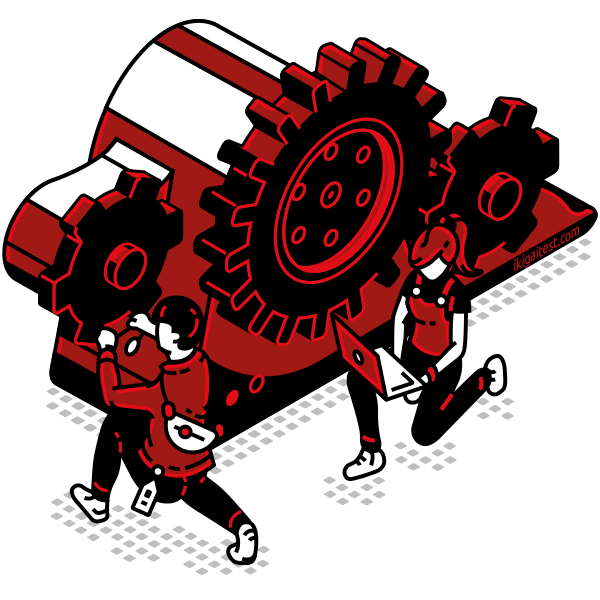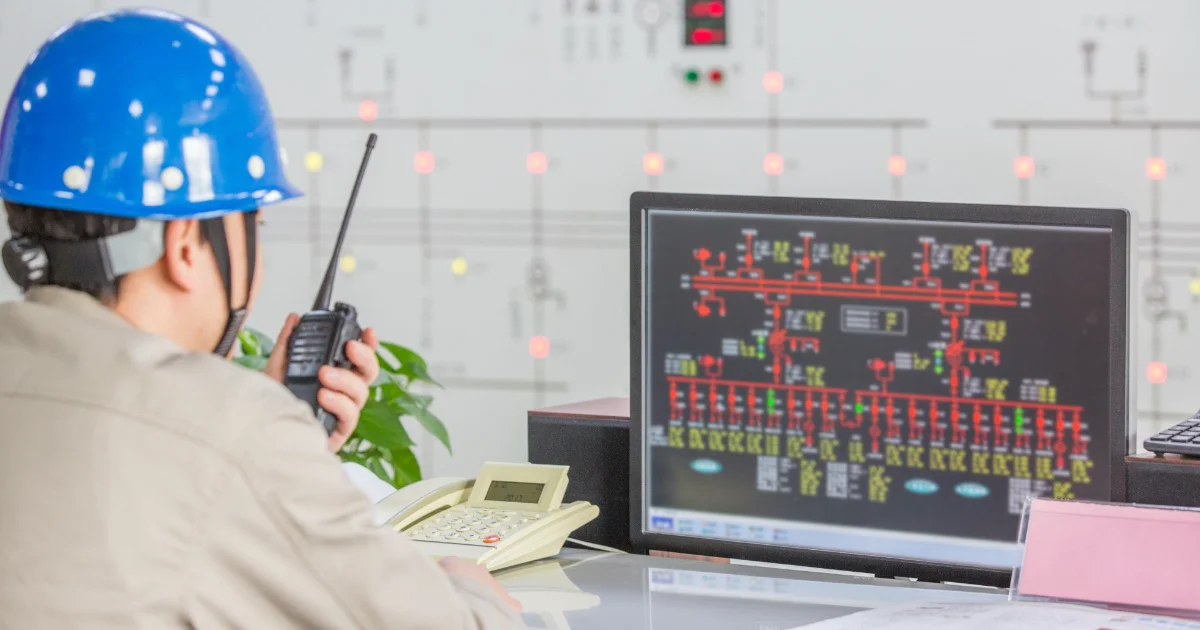Technician

Technicians will often be asked these tasks:
- Providing documentation, detailed instructions, drawings, or specifications to tell others about how devices, parts, equipment, or structures are to be fabricated, constructed, assembled, modified, maintained, or used.
- Using computers and computer systems (including hardware and software) to program, write software, set up functions, enter data, or process information.
- Servicing, repairing, calibrating, regulating, fine-tuning, or testing machines, devices, and equipment that operate primarily on the basis of electrical or electronic (not mechanical) principles.
Supervisor

Any supervisor should excel at:
- Monitoring and reviewing information from materials, events, or the environment.
- Detecting or assessing problems whether real or potential.
- Monitoring and controlling resources and overseeing the spending of money.
Other work activities related to Electromechanical engineering technologists
- Modifying, maintaining, or repairing electrical, electronic, or mechanical components, equipment, or systems for ensuring proper functioning.
- Specifying, coordinating, or conducting quality controlling or quality assurance programs and procedures.
- Establishing and maintaining inventory, records, or documentation systems.
- Fabricating or assembling mechanical, electrical, or electronic components or assemblies.
- Selecting electromechanical equipment, materials, components, or systems to meet functional specifications.
- Selecting and using laboratory, operational, or diagnostic techniques or testing equipment for assessing electromechanical circuits, equipment, processes, systems, or subsystems.
- Installing or programming computer hardware or machine or instrumentation software in microprocessor based systems.
- Consulting with machinists or technicians for ensuring that electromechanical equipment or systems meet design specifications.








